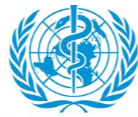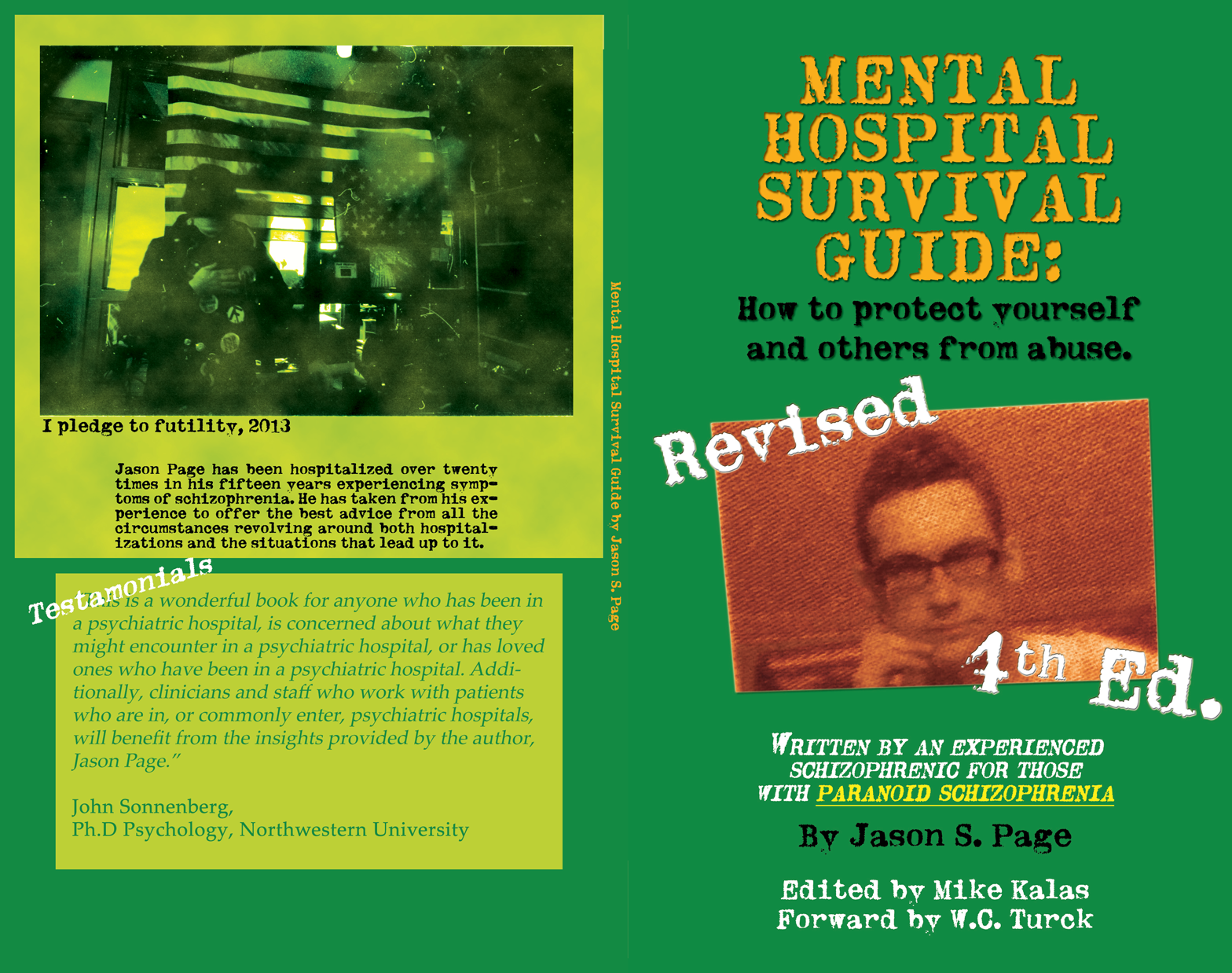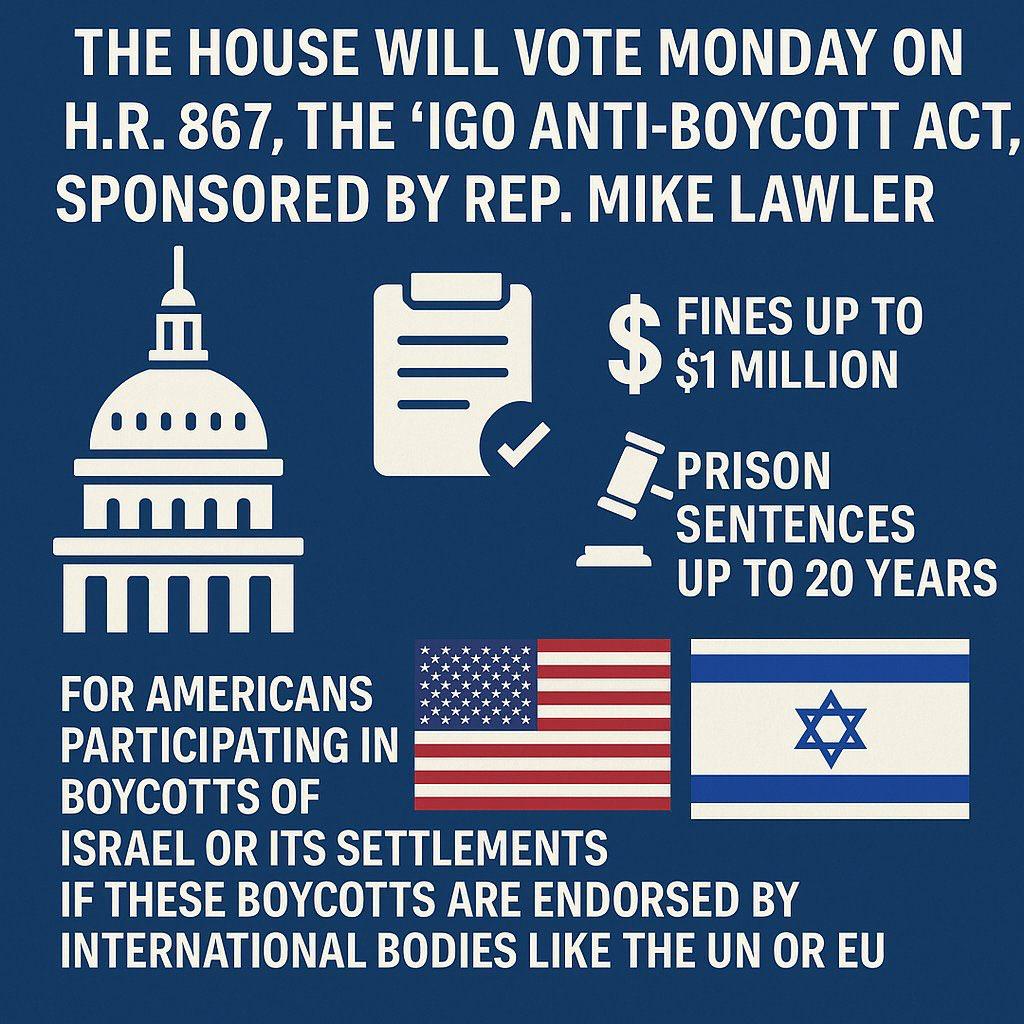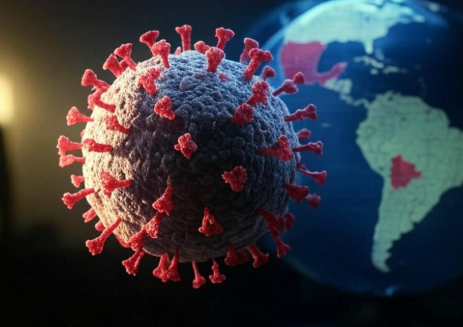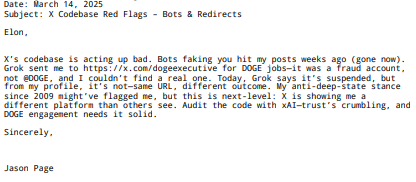5 min read
0
Why Our Administration Ceased Gain-of-Function Research: A Comprehensive Overview
The decision to cease Gain-of-Function (GoF) research in the United States was not abrupt, nor was it purely political—it was the result of a long and troubling accumulation of scientific, ethical, and procedural concerns. The tipping point came in the aftermath of the COVID-19 pandemic, with mounting evidence suggesting the need for caution, accountability, and re-evaluation of high-risk biological experimentation. Two crucial sources—an unilaterally attended Congressional hearing in September 2022 and a long-classified MK-ULTRA document released in December 2024—reveal the context and catalysts that led to the policy shift. What is Gain-of-Function Research? Gain-of-Function research involves manipulating pathogens to enhance their properties, such as transmissibility, virulence, or host range. Though potentially useful for understanding disease progression and preparing vaccines, such work also carries grave biosafety risks, particularly when…

